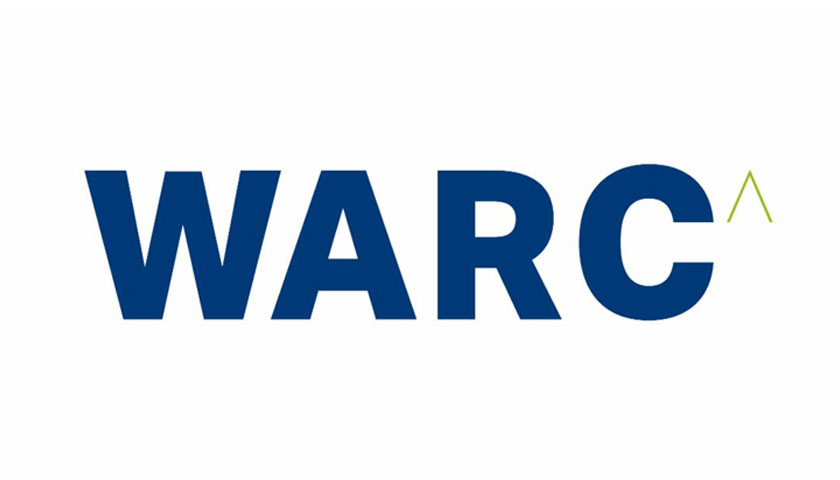|
Hannah Rook, Head of Intelligence and Insights, MediaBrands Magna Group, says: “Advertisers and agencies need to take a more proactive and comprehensive approach to brand safety, expanding their placement criteria to make better decisions and ensure their ads appear in appropriate and relevant environments.”
- Advertisers are underprepared for a cookie-diminished world
Google will no longer be withdrawing cookies from the digital advertising ecosystem, but will nonetheless play a diminished role in the future.
Many advertisers are still struggling to adapt to this new world, despite concerns about the impact of signal loss on various areas including targeting, data access, audience segmentation and measurement. Only a quarter (25%) of survey respondents agree that advertisers are making adequate progress.
Consistent with other research, advertisers are doubling down on the collection of first-party data. More than three quarters (76%) of respondents are implementing first-party data strategies, with more than half (57%) highlighting this as the most promising solution.
Wayne Blodwell, Co-Founder and CEO, Impact Media, says: “Google’s decision to keep cookies has not changed the direction of travel for the industry. Advertisers should continue leaning into smart, cookie-free techniques like attention and econometrics to prepare for a privacy-first world.”
- The industry is failing to take action on transparency
Across the programmatic advertising supply chain, ad fraud and wastage are rife. According to the ANA’s programmatic study, just 36 cents of every dollar spent on programmatic advertising reaches the consumer, and a quarter of the $88 billion spent on open web programmatic is wasted on low-quality and fraudulent ad impressions.
However, a year on from the report less than half (49%) of advertisers and agencies have established direct contracts, or taken the necessary steps to verify or audit the quality of ad impressions.
Collective action is required to urgently address these issues and clean up the ‘murky’ media supply chain.
- Emissions reduction is not a priority at most (59%) companies
The programmatic advertising industry produces more than 215,000 metric tons of carbon emissions in a single month across five leading economies, according to Scope3.
To help address the climate crisis, marketers need to take more responsibility for reducing the carbon footprint of activities related to advertising. This includes programmatic, which generates significant emissions through its notoriously complex supply chain.
Nearly two-thirds (59%) of agencies and advertisers surveyed for the report say that reducing emissions generated by programmatic advertising is not a priority for their organisation. Less than a third (31%) said they had adopted a framework or set of methodologies to measure the carbon emissions from their digital advertising. Another third (34%) have taken no action at all to reduce the carbon impact of their programmatic advertising campaigns.
|
